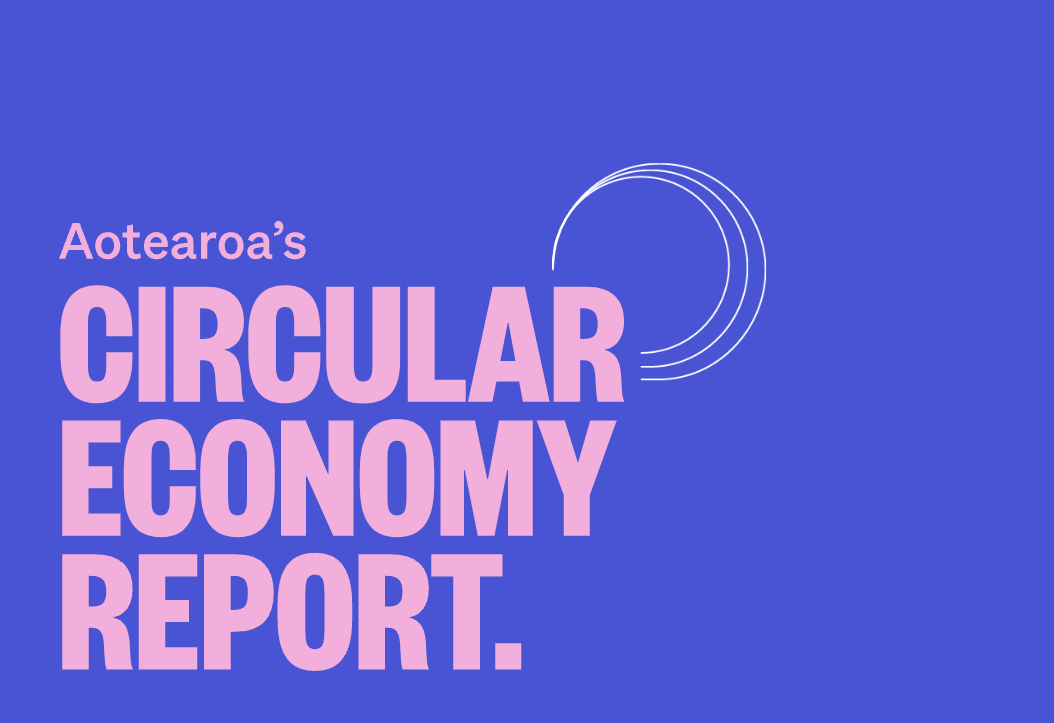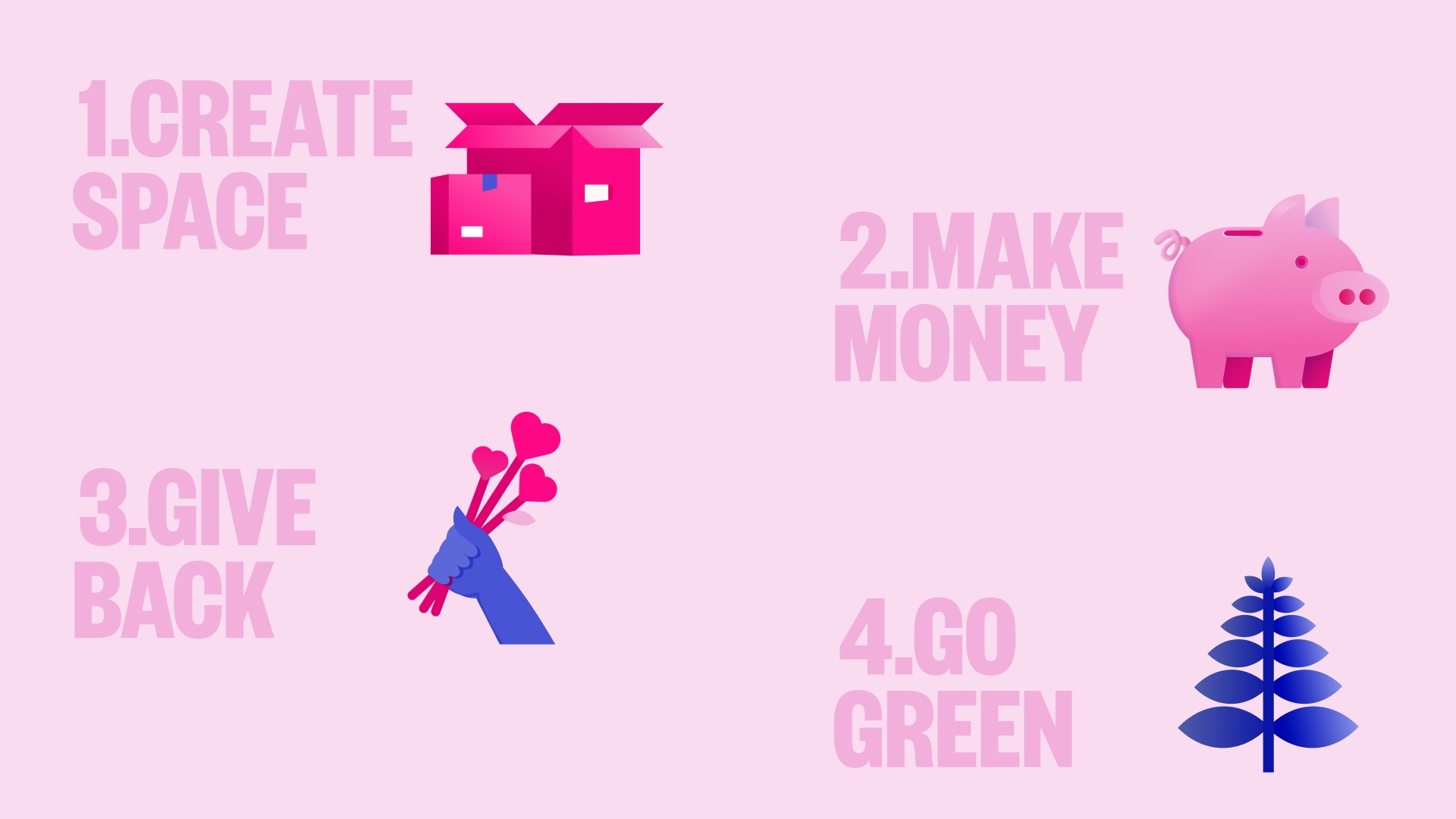Discover
Aotearoa circular economy report
Trade Me's Circular Economy Report reveals Kiwis' shift to buying and selling secondhand items.
Since 2019 Trade Me has been reporting our findings on the circular economy in New Zealand. Biodegradable, carbon footprint, environmentally compatible, greenwashing - it can be hard to keep up with all the new lingo surrounding going green and being more environmentally conscious. The concept of circular economy is a phrase that you may have heard of and has started gaining more traction, but what does it mean?
In simple terms, a circular economy is one in which instead of having linear consumption that is influenced by a disposable mindset and that results in a lot of waste, we instead reuse, recycle or repurpose resources to keep the circle going rather than throwing items away. For example, when buying a product, ensuring that it is usable for as long as possible and doesn’t quickly make its way to landfill.
According to New Zealand’s Ministry for the Environment, a circular economy, or ōhanga āmiomio, is all about "keeping resources in use for as long as possible, extracting the maximum value from them, and then recovering and regenerating their products and materials at the end of their life."
Back in 2019, Trade Me started our circular economy report which delves into the trends of how, where, and why Kiwi are buying, selling and trading secondhand items. Our findings started to reveal a thriving local circular economy that is continuing to grow year on year as thrifty Kiwi embrace the concept of buying and selling pre-owned items.
Our 2023 report is our fifth report and our findings have revealed that the current value of the circular economy in New Zealand is valued at an impressive $5 billion, with every Kiwi household essentially sitting on a treasure trove of items they no longer need or want, that could earn them cash. Check out our handy guide on how to start selling on Trade Me.
Key highlights from the report:
87% of Kiwi have bought something secondhand in the past six months - that’s up from 76% five years ago
The average Kiwi has around 11 pieces of clothing they no longer want or wear. That could make them an easy $300 by just clearing out their closets.
Almost three out of four Kiwi have items they could sell, and on average they have 20 items to sell - that’s five more than in 2019
63% of Kiwi with things to offload plan to sell them to save money
Based on the average selling price of used items on Trade Me, each Kiwi could make $1,300 by offloading their pre-loved goods - that’s up from $1,200 in 2019 and a step in the right direction to reducing our environmental impacts.
$1,300 could go towards a holiday, pay off some debt or contribute to some great Christmas or birthday presents. All from things that are just around your house.
The top four reasons Kiwi sell secondhand things
According to the report, Kiwi look to sell their secondhand goods for a variety of reasons, with the most common being to make some more space with 62% of respondents stating that their goal is to declutter. 26% of Kiwi said they wanted to make some extra cash, 7% said they do it to give back and 6% said to keep their stuff out of landfill.
But it's not just selling secondhand that Kiwi love to do, we also like to buy pre-loved goods. 47% of Kiwi say they’re buying more secondhand goods to combat the cost of living with 21% saying they consider the impact of their purchases when shopping.
There is no time like the present to declutter your space, help protect the environment and either save or make some money!
View our full report below:
Having trouble viewing the report?
Download a PDF version below.
Author


